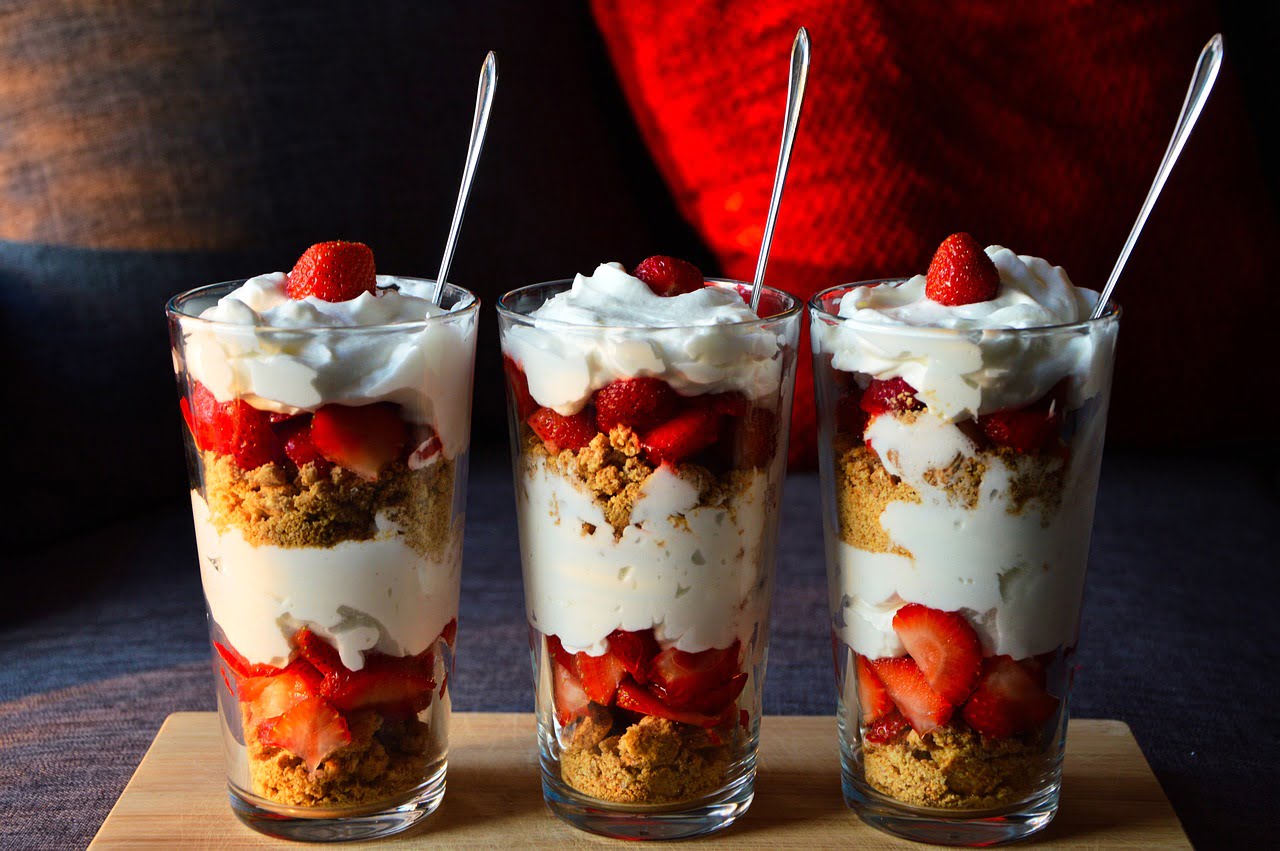Published On March 8, 2012
In a new study presented at The Endocrine Society’s 94th annual meeting in Houston, researchers from Tel Aviv University report that eating dessert with breakfast — donuts, cookies or cake, for instance — can help dieters lose more weight. The study was originally published in March edition of the journal Steroids.
The study looked specifically at people eating strict low-calorie diets — 1,600 calories a day for men; 1,400 calories a day for women. When a diet restricts sweets, ghrelin is released usually causing more food cravings, especially for sweets, and can result in eating many fattening foods that are not allowed on the diet. The research included nearly 200 nondiabetic obese adults, who were randomly assigned to one of two low-calorie-diet groups; both were identical except for breakfast: one group ate a 600-calorie high-carb breakfast that came with a choice of a cookie, small piece of chocolate, cake or a doughnut for dessert. The other group ate a 300-calorie low-carb breakfast. Both breakfasts were rich in proteins, as they included tuna, egg whites, cheese and low-fat milk.
Women in the dessert-with-breakfast group were allowed 500 calories for lunch and about 300 calories for dinner; men in that group had a 600-calorie limit for lunch and up to 464 calories for dinner.
Both groups in the initial 16 weeks of the study lost about the same amount of weight — about 33 lb. on average — suggesting that both diets worked about the same. In the 16-week follow-up, however, those in the low-carb group had regained an average of 22 lb., while those indulging in dessert in the morning went on to lose another 15 lb. on average.
The dessert group reported feeling less hunger and fewer cravings than the other participants; their food diaries showed they were also better at sticking to their calorie limits. What’s more, dessert eaters showed greater drops of the “hunger hormone” ghrelin after breakfast — 45%, vs. a 30% drop for the low-carb dieters.
“The goal of a weight-loss diet should be not only weight reduction but also reduction of hunger and cravings, thus helping prevent weight regain,” lead study author Dr. Daniela Jakubowicz said in a statement.
Read the full article here.





